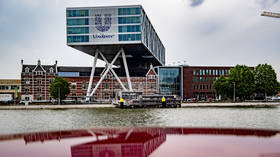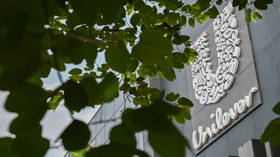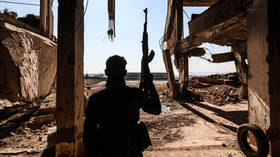Unilever boss explains reluctant exit from Russia

British consumer-goods giant Unilever pulled out of Russia because it was losing control of its business operations in the sanctions-hit country, its CEO Hein Schumacher told Bloomberg on Tuesday.
Exiting Russia was “a very difficult decision to make,” he said, attributing the move not to the Ukraine conflict but to complications related to Western sanctions and Russia’s response to them.
Unilever had faced difficulties moving cash out of Russia and had experienced issues reviewing company results and controlling how its brands were managed.
“I didn’t see a window into the near future where we would regain that control and that drove the decision to exit,” Schumacher said in an interview with Bloomberg Television.
Unilever completed its departure from Russia in October after selling all of its businesses to Arnest Group, a domestic manufacturer of perfume, cosmetics, and household products.
Unilever had been reluctant to leave the country, where it had four factories and around 3,000 employees. It was among the few consumer multinationals, along with Nestle SA, PepsiCo, and Mondelez, that had continued doing business in Russia. Unilever had received intense criticism for remaining in the country despite the mass corporate exodus following the escalation of the Ukraine conflict in 2022.
“I found that in my last one-and-a-half years, it was arguably the most difficult decision to make,” Schumacher said, noting that exiting the country had been a “tedious process,” which took more than a year to complete.
According to divestment rules introduced by the Russian government last year, firms exiting Russia need to obtain government permission for their sale, and are required to sell their assets at a 50% discount and pay an exit tax of between 10% and 15%.
The company did not disclose the terms of the deal with Arnest Group. The Financial Times, however, reported earlier this year that Unilever’s assets, worth an estimated €600 million ($631 million), had been sold for €520 million ($547 million).













